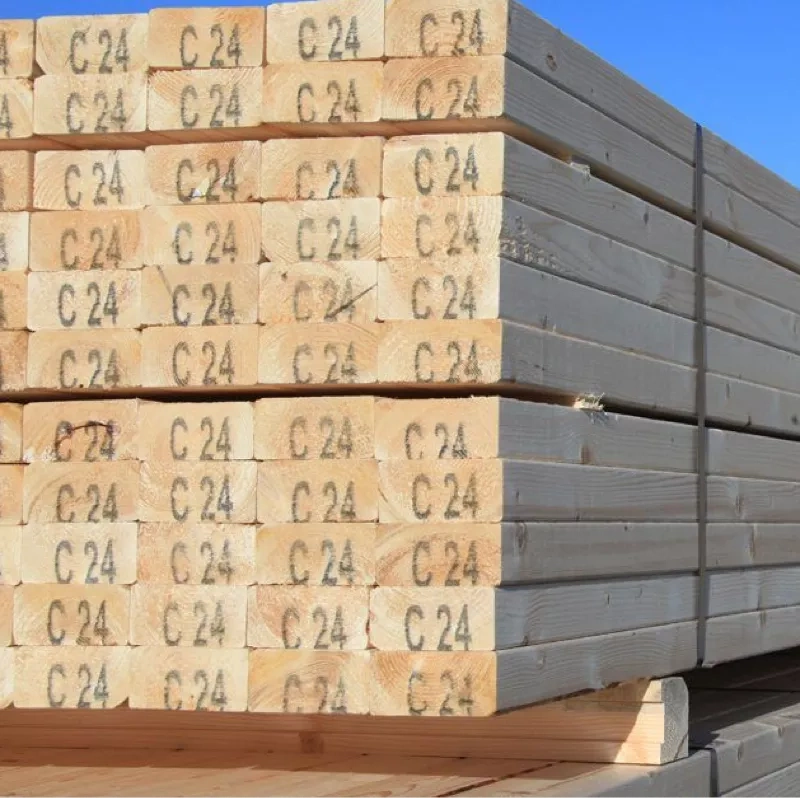C16 vs C24
There are a multitude of different timbers available, but if two of the most popular grades of timber went head-to-head, it would have to be a straight fight of the heavyweights – C16 vs C24 timber. Which emerges as the winner depends on four key factors though; use, strength, quality and cost.
Before you can weigh in with a decision on which is the best for your projects, we need to weigh up all the advantages and disadvantages of each. There are so many questions. What is C24 timber? Is C16 timber suitable for outdoor use? Is C24 timber treated? What is C16 timber used for?
Let’s start though by understanding the timber grading process and then what the grades for C24 timber and C16 timber actually mean.
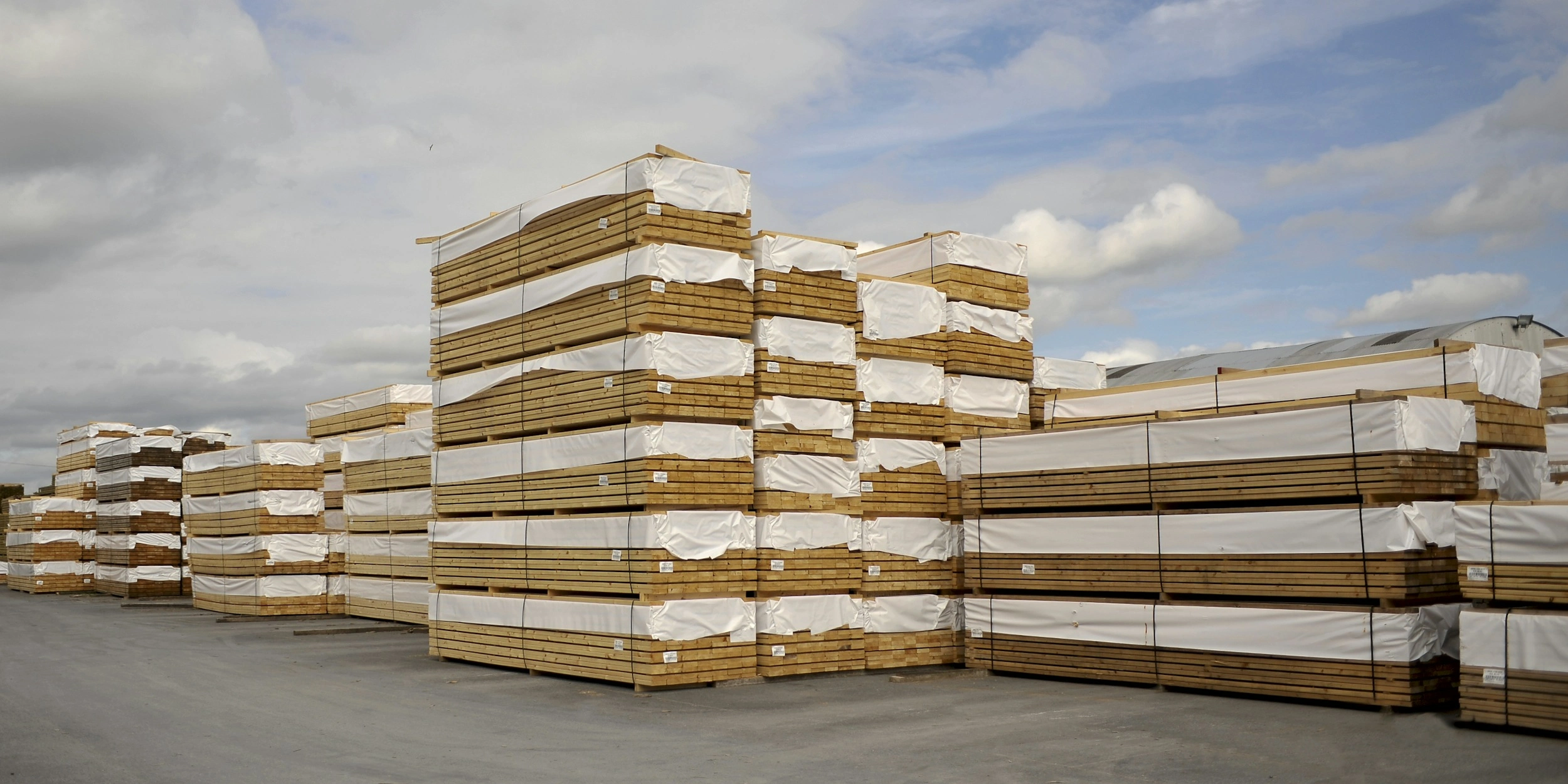
Taylor Maxwell
Timber grading
The grading of timbers, including C16 timber and C24 timber, is part of the European standard (EN 338) for structural timber that can be carried out by an expert or a machine. Either way, they are looking at 5 key properties of the wood:
Grain – the angle of the grain and also if there are any splits along the grain.
Knots – the fewer knots the stronger and better the timber.
Uniformity – the timber should be a uniform shape.
Damage – insects, including woodworm, can damage timber.
Edges – undesirable bark or missing wood on the edges of timber.
All of the above combine to classify each piece of timber and award it a particular “C” grade for softwoods which stands for “coniferous” or a “D” grade for hardwoods which stands for “deciduous”.
There are four C grade classifications; C14, C16, C18 and C24 which are all graded by strength – the higher the number, the higher the strength. So, strength is the main difference between C16 and C24 timbers.
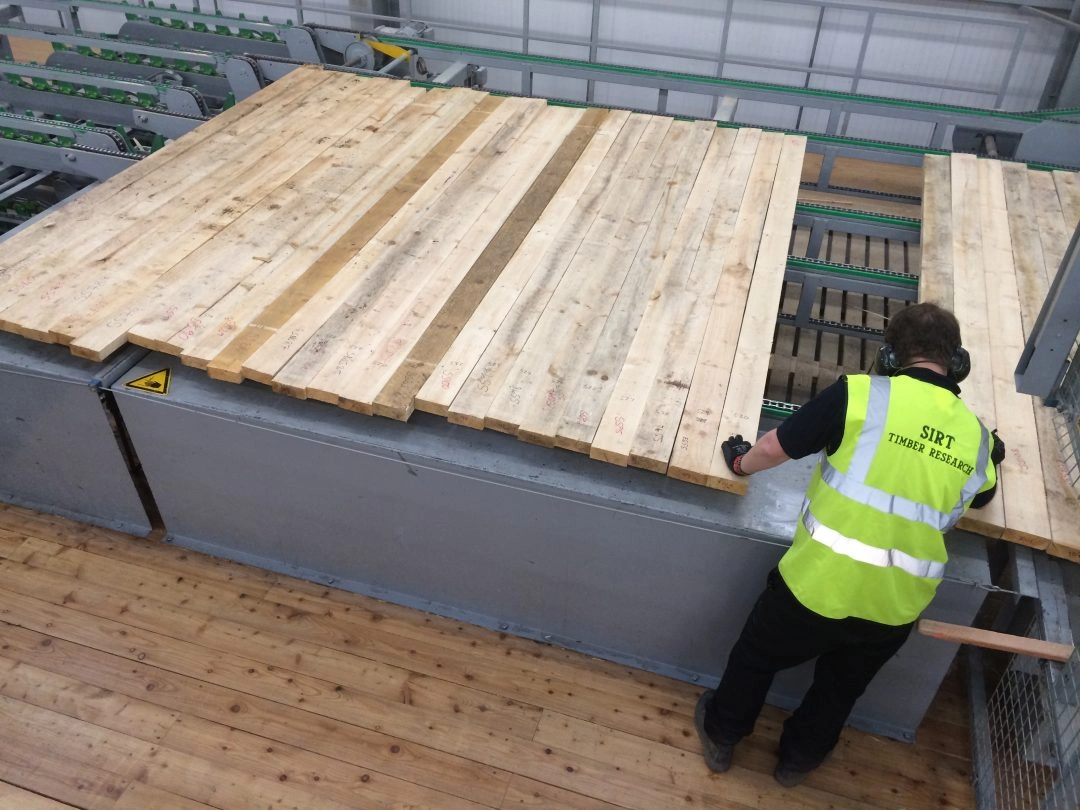
Blogging at Edinburgh Napier
What is C16 timber?
C16 timber is a softwood with the following properties and characteristics:
Strength – C16 timber is moderately strong.
Density – C16 timber is relatively lightweight and has a typical density of 370 kg/m3.
Moisture – C16 timber is usually kiln-dried and has a maximum moisture content of 18%.
Durability – C16 timber is less durable than higher grades and needs treatment for outdoor use.
Bend – C16 timber has a bend strength of 16 N/mm² and elasticity of 8,000 N/mm².
Appearance – C16 timber may have knots and imperfections but do not impact on its integrity.
Workability – C16 timber is easy to shape cut.
Price – C16 timber is affordable making it the economical choice.
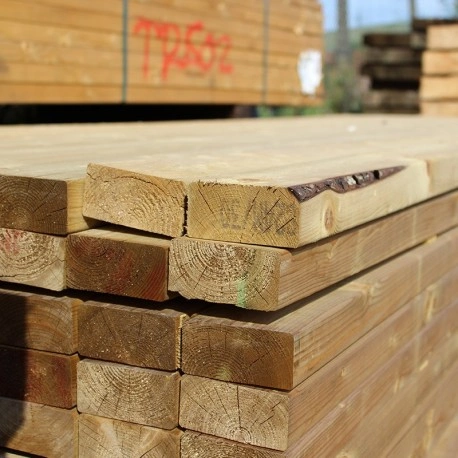
UK Timber
What is C24 timber?
C24 timber is also a softwood but has these particular characteristics:
Strength – C24 timber is stronger than C16 timber.
Density – C24 timber is denser and stronger than C16 timber with a typical density of 420 kg/m3.
Moisture – C24 timber is kiln-dried has a maximum moisture content of 18%.
Durability – C24 timber is more durable than C16 timber but may need treatment for outdoor use.
Bend – C24 timber has a bend strength of 24 N/mm² and elasticity of 11,000 N/mm².
Appearance – C24 timber has fewer knots and imperfections than C16 timber but they don’t affect its integrity.
Workability – C24 timber is relatively easy to shape cut but harder to work with than C16 timber.
Price – C24 timber is more expensive than C16 timber but it is stronger and better value, long-term.
W Burton and Sons
C16 vs C24 timber uses
The difference between C16 timber and C24 timber isn’t just in their properties, each has numerous uses:
What is C16 timber used for?
Whilst not as strong as C24 timber, C16 timber is a medium to high strength quality timber which is strong, hard wearing and is also suitable for load bearing uses. This makes it perfectly suited to indoor structural use such as timber joists, partitions and stud walls.
What is C24 timber used for?
C24 timber is a high-grade structural softwood that is stronger and higher quality than C16 timber. Where greater strength, durability, and stability are required, such as demanding load-bearing applications like beams, joists, lintels, roof trusses, wall studding and heavy duty framing, C24 timber is ideal.
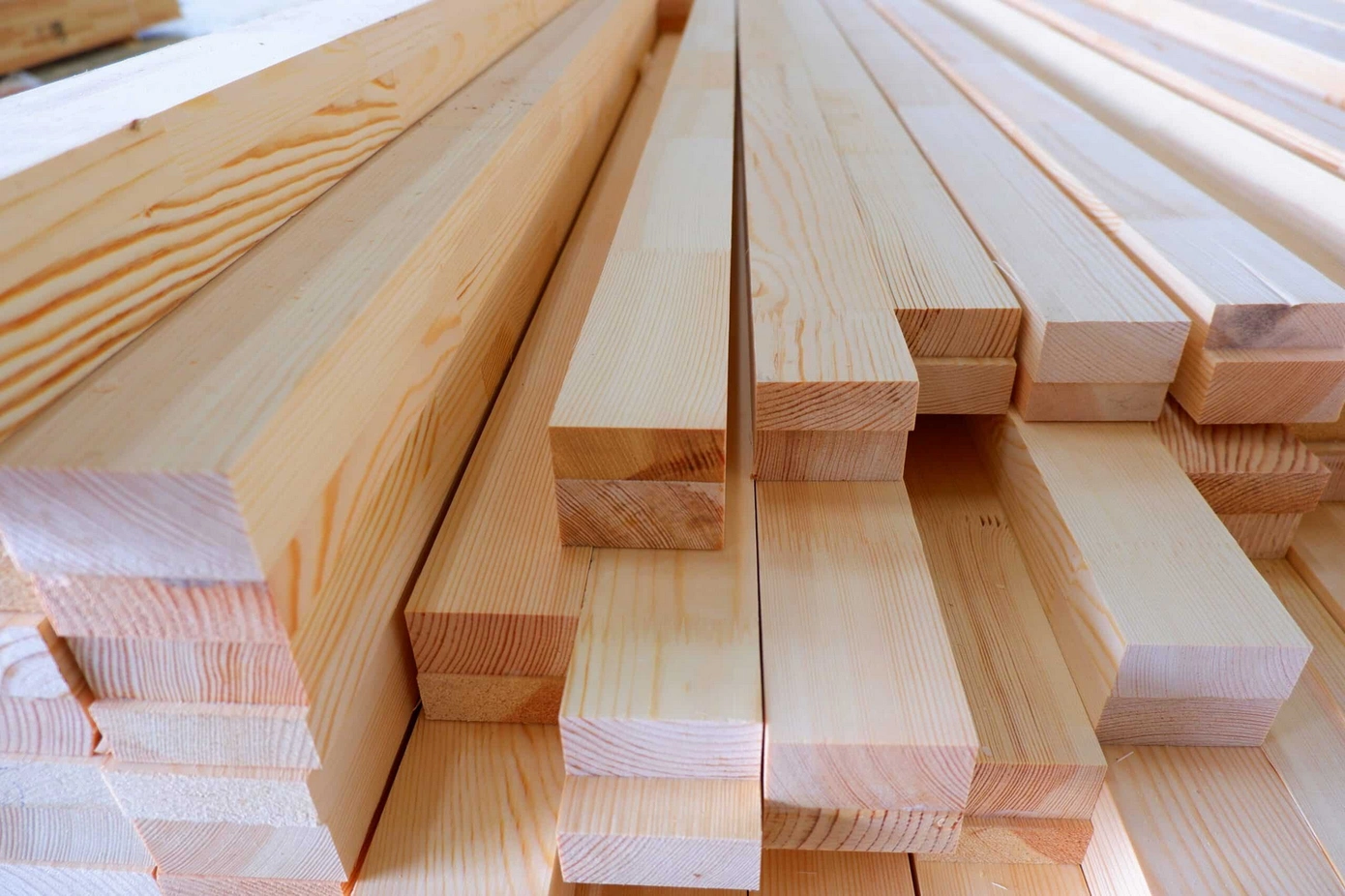
Building Materials Nationwide
C16 vs C24 outdoor uses
Uses of C16 timber and C24 timber aren’t just restricted to interior construction:
Can C16 timber be used outside?
Yes and no. C16 timber is recommended for indoor structural use, however, C16 timber can be used outside if you use C16 treated timber. A common external use of C16 treated timber is decking.
Is C24 timber suitable for outdoor use?
Whilst C24 timber is higher quality and stronger than C16 timber, it is also a softwood and therefore needs to be pressure treated, sealed and maintained if used outside. C24 treated timber resists rotting, warping weathering and damage from insects.
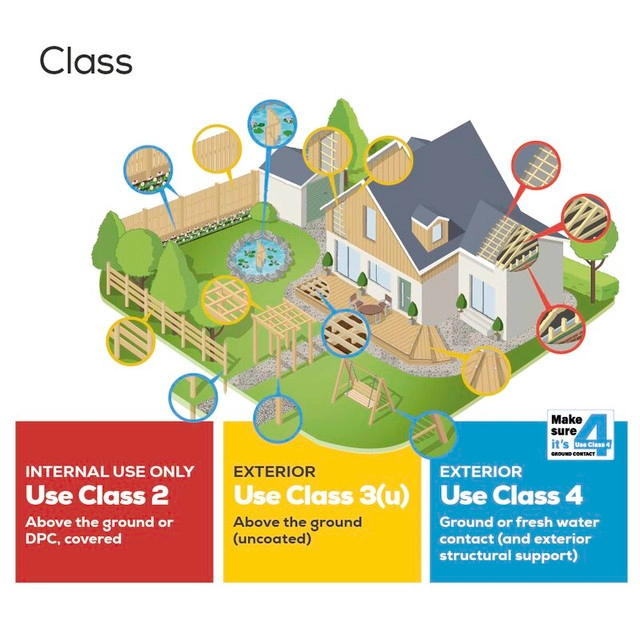
Howarth Timber
C16 and C24 timber sizes
Both C16 timber and C24 timber are available in a wide variety of sizes which are suited to specific jobs and uses. These are the kiln-dried C16 timber sizes and C24 timber sizes currently stocked by Howarth Timber:
C16 Timber Sizes
C16 timber is available in treated or untreated in various lengths and these sizes:
44mm: 44 x 70mm, 44 x 95mm, 44 x 120mm, 44 x 145mm, 44 x 150mm, 44 x 170mm, 44 x 190mm, 44 x 195mm, 44 x 220mm, 44 x 245mm.
47mm: 47 x 50mm 47 x 75mm, 47 x 100mm, 47 x 125mm, 47 x 150mm, 47 x 200mm, 47 x 225mm, 47 x 250mm.
70mm: 70 x 145mm, 70 x 170mm, 70 x 195mm, 70 x 220mm.
72mm: 72 x 97mm, 72 x 145mm, 72 x 170mm, 72 x 195mm, 72 x 220mm.
75mm: 75 x 100mm, 75 x 150mm, 75 x 175mm, 75 x 200mm, 75 x 225mm.
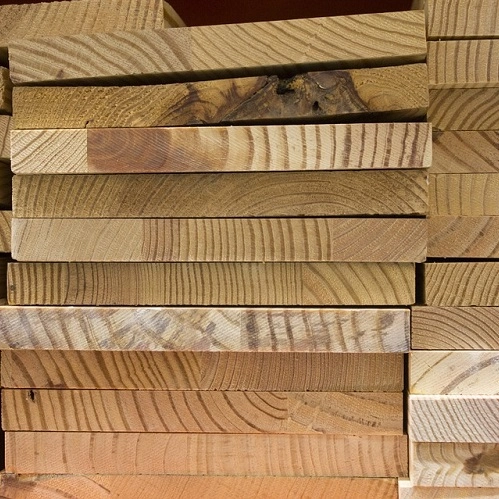
Roofing Superstore
C24 Timber Sizes
C24 timber is available in treated or untreated in various lengths and these sizes:
44mm: 44 x 70mm, 44 x 95mm, 44 x 120mm, 44 x 145mm, 44 x 150mm, 44 x 170mm, 44 x 195, 44 x 220mm, 44 x 245mm.
45mm: 45 x 95mm.
47mm: 47 x 75mm, 47 x 100mm, 47 x 125mm, 47 x 150mm, 47 x 175mm, 47 x 200mm, 47 x 225mm, 47 x 250mm.
70mm: 70 x 95mm, 70 x 145mm, 70 x 170mm, 70 x 195mm, 70 x 220mm.
75mm: 75 x 100mm, 75 x 150mm, 75 x 175mm, 75 x 200mm, 75 x 225mm.
97mm: 97 x 197mm, 97 x 297mm
100mm: 100 x 200mm, 100 x 300mm.
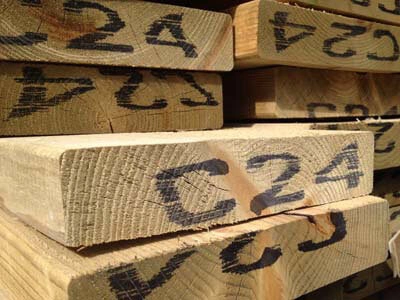
Shire Timber Group
We’re here to help
If you’ve any queries about C16 timber or C24 timber, or want any additional information about the timber we sell at Howarth, please visit your local Howarth branch, or contact our customer services on 01472 907051.
You can also explore our range of Timbers here, or you can even visit us in branch for more information.
Recent Posts
-
Garden Gate Buying Guide
Is your next project adding a garden gate to enhance, protect and secure your garden? Before you do
-
How to cut plasterboard
Whether you're a seasoned tradesperson or trying your hand at DIY, knowing how to cut plasterboard c

